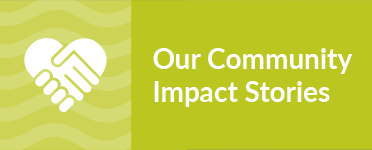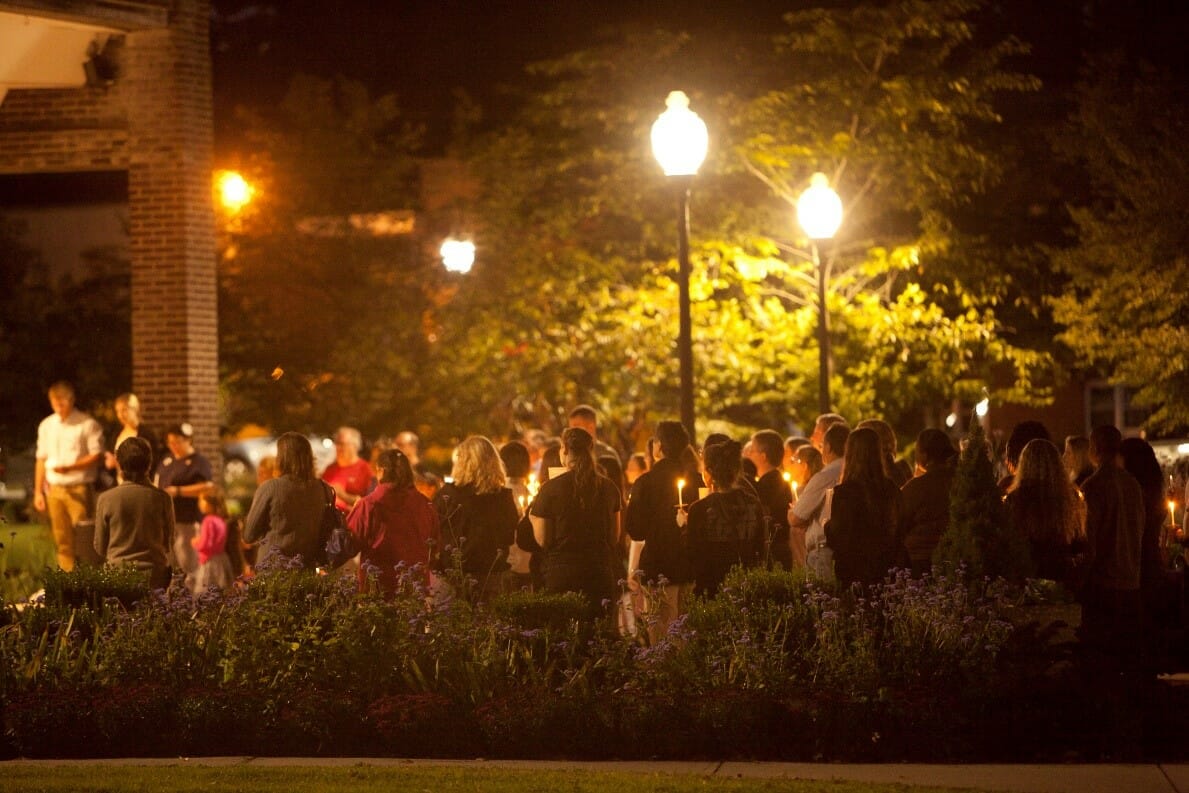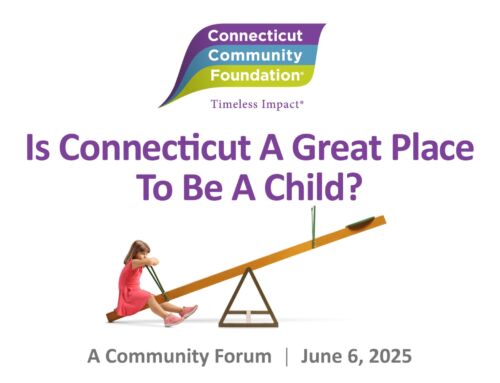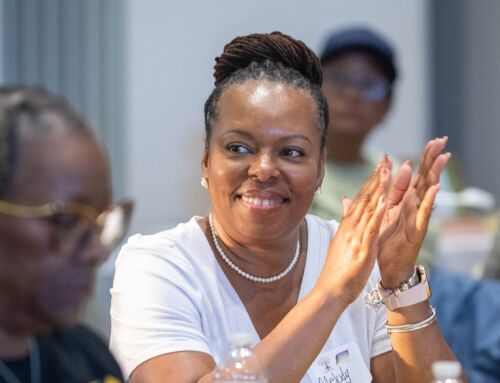Susan B. Anthony is Helping Domestic Violence Victims in Uncertain Times
As Domestic Violence Awareness Month nears its end, we want to shine a light on the issue of domestic violence, and what one organization is doing to support local survivors of this all-too-common crime.
The COVID-19 pandemic has meant unforeseen challenges for victims of domestic violence and their advocates. People have lost jobs, relationships, and loved ones, and have faced disruption, uncertainty, and other stressors that can increase the incidence of violence by one intimate partner against another.0
It’s in uncertain times like this that organizations like Torrington-based Susan B. Anthony Project become crucial lifelines for those at risk. Susan B. Anthony Project’s stated goal is to promote the safety, healing, and growth of all survivors of domestic and sexual abuse and advocate for the autonomy of women and the end of interpersonal violence. That work became even more urgent when lockdowns and restrictive measures meant increased isolation and forced abuse victims to be confined with their abusers. And identifying abuse became harder too: children often use school as a safe space to tell someone about their trauma and abuse. When they no longer have that outlet, it becomes much more difficult to help them or others who may be experiencing abuse in the home.
Connecticut Community Foundation Grants are Supporting Rebuilding Lives
Connecticut Community Foundation has recently awarded $10,000 in funding to Susan B. Anthony for its Rebuilding Lives program. The grant was funded through the Lois Livingston McMillen Memorial Fund, which Russell and Josephine McMillen established at the Foundation in memory of their daughter, for the purpose of helping women and children who are victims of violence.
The program will provide 200 victims and survivors of domestic and sexual violence with a range of services including a hotline (accommodating many languages), an emergency shelter, a transitional living program, individual and group support counseling, and support in criminal and civil court.
Jeanne Fusco, executive director of Susan B. Anthony Project, explains that “both domestic and sexual violence are about coercive control and each gives rise to compounding presenting issues. Financial limitations often are a factor in folks staying in a domestic violence relationship.” To illustrate this point, she shared the story of “Jane,” a woman who found support through the Rebuilding Lives program.
Jane was a successful upper management professional who had a great job, her own house, a car, and was married—her own version of the American dream. Fulfilling a lifelong desire for a family, Jane became pregnant, at which point her nightmare began.
Jane’s husband suddenly became controlling. He spiraled into threats, both physical and financial. He began threatening Jane’s life, and the lives of her family. Afraid, Jane signed over her house and car to her husband.
He refused to let her use the car to get to work, which cost Jane her job. Soon, there was no money left to pay the mortgage.
As Jane’s due date approached, and she realized she needed help fast. She contacted Susan B. Anthony Project, which offered her a safe place for herself and her baby. This stability allowed her to regain and retain a job in her field, and gain access to crucial legal services to address the property that had been taken from her.
Jane was able to recapture some of what she’d lost, find a place to call her own and regain her independence thanks to Susan B. Anthony Project.
Nationally, as many as one in four women and one in nine men are victims of domestic violence. While many instances of intimate partner violence can result in serious physical harm or even death, domestic abuse encompasses more than physical violence, including any behavior intended to gain power and control over a spouse, family member, or other intimate partner.
“We always say we wish we could close our doors because we wouldn’t be needed anymore,” says Jeanne Fusco. “And, while we know that that is unlikely to happen, we pin our hopes on breaking the cycles of domestic and sexual violence through our prevention and awareness work in the community.”








